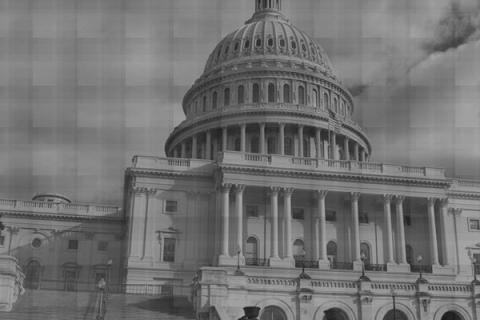You won’t believe this until you see it. In a stunning admission, former Governor of Kentucky and current State Senator Julian Carroll admitted, “I could care less what want…we operate democracy in this country with a two-party system.” These comments were expressed following an interview with independent activist Michael Lewis, where the Senator suggested that if independents don’t like the way the political system is run, they should “leave the country”, and by pushing for open primaries, independents were trying to “destroy the two-party system.”
The interview (see here) comes on the heels of a major announcement by US Senator Evan Bayh (D-IN), who lashed out at politicians on both sides of the aisle who “elevate ideology and partisanship over practical accomplishment,” that he would not seek another term.
Now, Democrats, Republicans, and even third party leaders are lining up in opposition to open primary initiatives finding their way onto ballots in several states like Kentucky and California. Why? Because independents are, well, independent. “Independents’ attitudes, in contrast to that of Democrats and Republicans, don’t fit neatly into traditional liberal and conservative camps,” explain Dave Lesher and Mark Baldassare of the Public Policy Institute of California, creating “a surprising degree of uncertainty and volatility.” If the parties can shut off a significant segment of the electorate, except for their registered partisans, they can be almost guaranteed to put their hand-picked candidate on the general election ballot.
Where does that leave independents?
In contested races, it leaves them a choice to pick the party-line Democrat, or the party-line Republican. And, considering that most state elections have been so undemocratically gerrymandered by the two parties in power, the election results are usually in before independents even have a chance to vote.
In California, even third party leaders are opposing next election’s Proposition 14, an Open Primary Initiative. The proposition, if passed, would result in a simple nonpartisan primary system where the top-two vote getters go on to the general election ballot regardless of party affiliation. Third parties are in opposition to the measure because they hold onto the long-held notion that they can’t actually win elections. As a result, third party leaders would rather sacrifice an opportunity to compete in an open primary, and instead, guarantee a spot on the general election ballot. In doing so, they believe they can change the system by injecting their “pure ideology” into the political debate. We can all see how well this strategy has worked to change our political system.
If you are a registered voter and feel like Michael Lewis, and are frustrated by the two-party system and partisan divide, join us on Facebook, and stay tuned as we prepare to send the following independent, but unified message to the political parties:
We are not leaving the country, we are leaving YOU. And we will take our country back!
